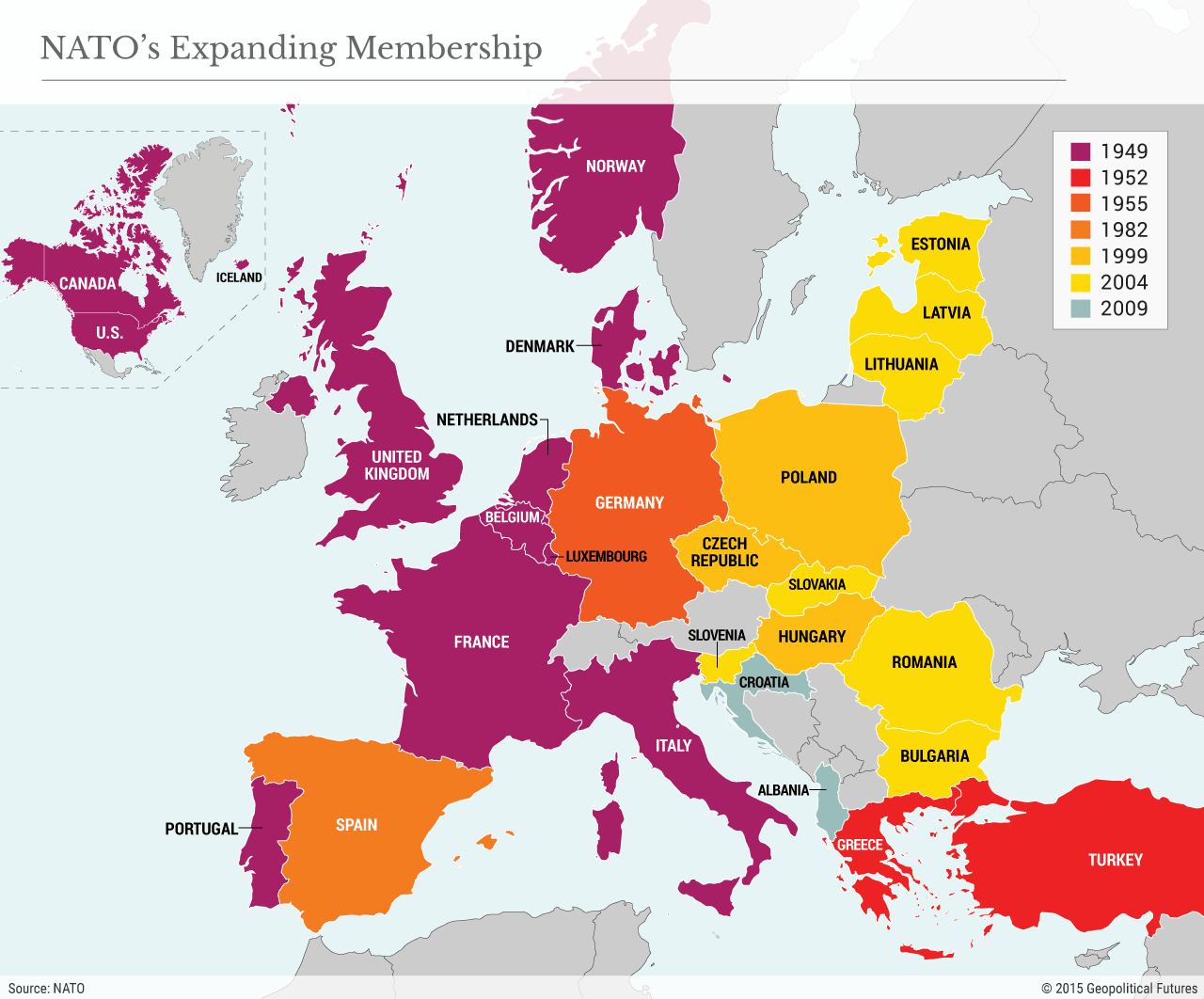
In looking at Russian strategy in Ukraine, and indirectly toward the United States, there is a mystery that seems to have an obvious answer but that is difficult to simply accept.
Moscow started with a relatively slow deployment of forces along the Ukrainian border. It appeared to be in a position to invade Ukraine with minimal opposition. Rather than attack, though, Russia engaged in a diplomatic confrontation with the United States, demanding that Ukraine never be admitted into NATO, and that NATO limit its deployment of weapons in Eastern Europe.
Russian negotiators knew full well that the U.S. would never agree to these terms. For one thing, it’s a decision for NATO, not Washington. For another, NATO members in the region are at the easternmost frontier of the alliance. They are the most exposed to potential Russian actions, particularly if Russia takes control of Ukraine. In short, capitulating to Russian demands would leave Eastern Europe open to Russian attacks. Most important to Washington, though, is that its credibility would be mortally wounded, not just in Europe but around the world. Allowing the Russians to force the United States to agree on future relations with a sovereign state was simply a nonstarter. The consequences would be global, and not for nothing, it would create a political crisis in the United States the administration could not manage.
It doesn’t make sense for Russia to delay military operations while making demands it knew were going to be rejected, especially since its military was already deployed. Why would Russia, if fully committed to entering and occupying Ukraine, give the West time to prepare military countermeasures? Moscow understands that its actions would be seen as a threat because that is how they were meant to be seen. It understands there would be a response, but it also understands it can’t be certain what the response would be. Air and naval forces and anti-tank weaponry, for example, could dramatically complicate the invasion.
An invasion of Ukraine is difficult in the best conditions. The country is roughly the size of Afghanistan, and coordinating a complex armored operation presents untold opportunities for failure. The Russian army has not carried out an armored operation since World War II, so the troops are inexperienced. Minimizing the possibility of an anti-Russian buildup would increase the risk to the operation. In an operation of this magnitude, the attack should be made as early as possible. By waiting, Russia increased the risk of failure.
It’s possible, then, that Moscow wanted to float an impossible proposal for propaganda purposes. But the value of world public opinion compared to a successful military operation is minimal. After an invasion, public opinion would be against Russian aggression regardless of diplomatic niceties. The value of public opinion, in other words, only takes you so far.
The only conclusion to be drawn is that Russia has no intention of invading Ukraine, as Deputy Foreign Minister Sergei Ryabkov has repeatedly said. Given that Russia failed to act when it could and arguably should have, it seems to me that he might have been telling the truth. On the other hand, we have seen the Russians be active, albeit more subtly, in Belarus, the Caucasus and Central Asia. Logic dictates that Russia must rebuild its historic buffer zone and that Ukraine is essential in this regard. Moscow has done everything in its power to create an atmosphere of crisis. Perhaps it had intelligence that the U.S. and NATO would fold their cards. But the U.S. can’t afford to do nothing. President Joe Biden’s threat to the Russian banking system is either far more devastating than I can fathom or simply a cover for military action. So in this sense, the U.S. is being coy as well, just not nearly as confusingly as the Russians.
My best guess is the Russians have set up negotiation with the most extreme demands as a normal negotiating strategy. But the fact remains that Russian forces are deployed, and resistance is being strengthened. It may be that the Russians are simply confident that their force is still able to win. But a rule of war is that you strike at maximum advantage, and give away no advantage. The rule of diplomacy is to make a lot of threats before making a deal. Right now, it’s one or the other.





No comments:
Post a Comment
Note: Only a member of this blog may post a comment.